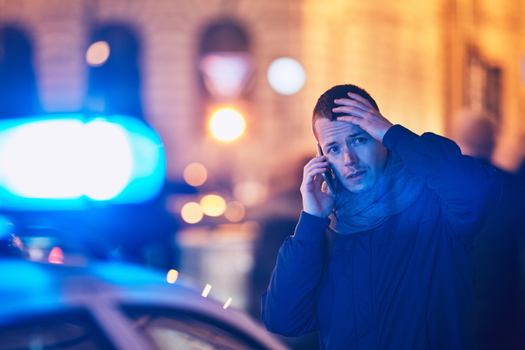CHARLESTON, W.Va. — Mental and behavioral health practitioners in West Virginia are endorsing legislation in Congress to fund the use of social workers in tandem with police on some 911 calls. The Community-Based Response Act of 2020 would provide $100 million to support alternative responses to some types of 911 calls by deploying social workers instead of police.
Sam Hickman, executive director at the National Association of Social Workers in West Virginia, said some police responses escalate into violence when calls involve mental illness, emotional distress or addiction, because police are being asked to resolve situations for which they’re often not trained.
“The police can’t be expected to intervene in every single problem in society. They should be asked to intervene and to keep us safe when there are people that we’re really afraid of,” Hickman said. “Their skills don’t broadly include everything that we’re asking them to do; they need support from other professionals to do that.”
The bill is intended to complement the George Floyd Justice in Policing Act, which the U.S. House passed in June but is stuck amid partisan gridlock in the Senate. NASW chapters are concerned this bill might see the same fate if it passes in the House.
Hickman pointed to some West Virginia programs that could benefit from the bill’s funding. One is a successful collaboration in Martinsburg that teams mental-health professionals with law enforcement and the education system. It support kids with multiple risk factors, including those in families where there are opioid addictions.
He said another new program is starting in Charleston.
“The City of Charleston is just in the process of hiring a mental health coordinator, that is specifically to address issues that shouldn’t become a policing problem, but too often do,” he said. “So this will be an opportunity to intervene in a preventive way, earlier on, to keep things from spinning out of control.”
Almost 70% of likely voters support creating non-law-enforcement emergency responder programs, according to a new survey from the Justice Collaborative Institute. And 65% say they support a non-police response to drug overdose calls.
Disclosure: NASW West Virginia Chapter contributes to our fund for reporting on Children’s Issues, Health Issues, Mental Health. If you would like to help support news in the public interest, click here.

